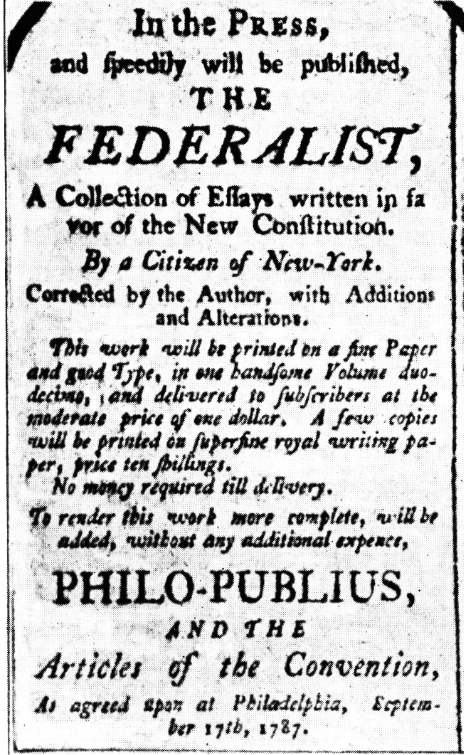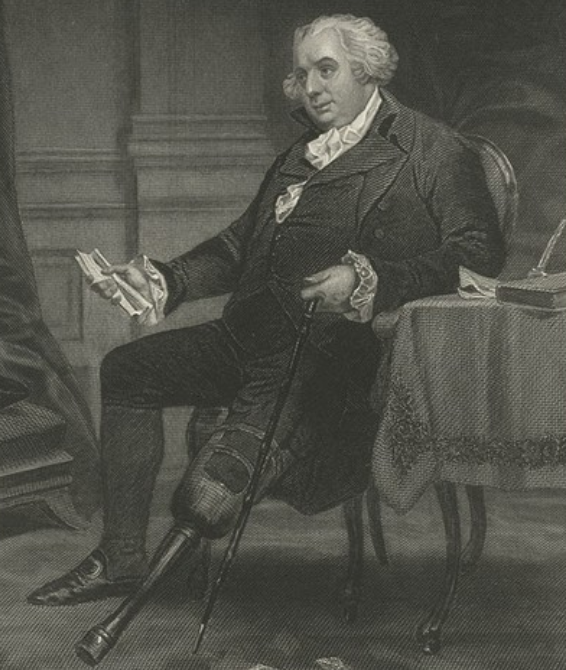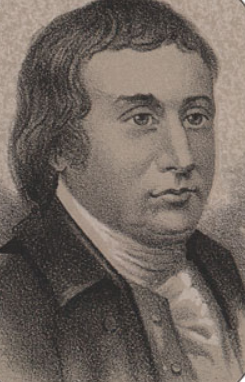The Secret Governor - Arthur Middleton Rejects an Appointment
A few days ago I wrote about Continental Association signer Henry Middleton.
Today, I thought it would be appropriate to discuss his son, Declaration of Independence signer Arthur Middleton.
Though several Middleton’s participated in the Revolution, Arthur is easily the most prominent of the bunch.
Arthur Middleton
By 1778, Arthur Middleton had made a name for himself as a Revolutionary leader of South Carolina.
Middleton helped establish a Committee of Safety during the buildup to the War of Independence as well as assisting in the fortification of the State.
This was followed by an election to the Continental Congress where Arthur signed the Declaration of Independence.
New Constitutions
Having returned home, Middleton found himself at the center of a debate regarding South Carolina’s new constitution.
The first State constitution, written in 1776, was a temporary document which was meant to get the people through the change from colony to sovereign.
The 1778 constitution was an attempt at a more permanent government (though it would only last 12 years).
The new document, drafted by William Henry Drayton, limited the power to vote only to men who owned 50 acres of land and subscribe to the Protestant religion. This was a change from the 1776 constitution which gave suffrage to all white, landowning men. (To our modern minds, this was still extremely limited, but for many of the Founders it was a much better situation).
Governor?
When Governor John Rutledge read the 1778 constitution he decided to resign in protest.
As the Executive Office of South Carolina was selected by the Legislature, a secret ballot was cast. Arthur Middleton was voted overwhelmingly to take the chair as Governor under this new constitution.
Middleton, however, agreed with Rutledge. He secretly declined to accept the secret offer to become the leader of the State.
Another ballot was cast, and the job went to Rawlins Lowndes. The following year, the people would regain the power to choose the Governor and they again voted Rutledge back in.
Afterwards
After his brief, secret moment as Governor of South Carolina, Arthur Middleton continued to work for the independence of his State.
He was forced to flee his home when the British began their ‘Southern Strategy’ and took up arms in defense of Charleston. When that city was captured, Middleton was brought with the rest of the hostages to Florida where he spent a year as a prisoner of war.
Once released, Middleton had a short stint back in the Continental Congress before returning to South Carolina and spending his remaining days in the State Legislature.
Do you want to read about other Founders from South Carolina?
You might like some of these stories:
John Lewis Gervais Suggests a Capital for South Carolina
Thomas Heyward, Jr - Songwriting Prisoner
Aedanus Burke Denounces American Nobility
Do you want to read about other Declaration signers?
For this story fund stories, I enjoyed ‘Signing Their Lives Away.’
Pick up a copy through the Amazon affiliate link below (you’ll support this site, but don’t worry, Amazon pays me while your price stays the same).
Want to get fun American Revolution articles straight to your inbox every morning?
Your in luck!
You can subscribe to my email list here.
You might also want to support Founder of the Day on Patreon.






